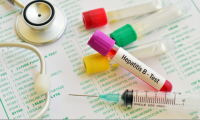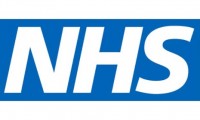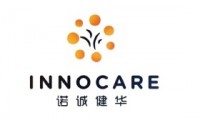-
Novartis Set to Acquire Mariana Oncology to Enhance Radioligand Therapy Pipeline
- Source: drugdu
- 118
- May 6, 2024
-
FDA Hands Expanded Indication to Gilead’s Vemlidy for Chronic HBV Infection in Pediatric Patients
- Source: drugdu
- 88
- April 2, 2024
-
Hengrui Pharmaceuticals Clinical Trial Approved for Novel PARP Inhibitor HRS-1167 (M9466) Combination Therapy for Advanced Solid Tumors
- Source: drugdu
- 173
- March 18, 2024
-
MIT study reveals non-invasive treatment holds promise for treating ‘chemo brain’
- Source: drugdu
- 133
- March 12, 2024
-
NHS launches BRCA testing programme for people of Jewish descent
- Source: drugdu
- 137
- February 16, 2024
-
NHS launches BRCA testing programme for people of Jewish descent
- Source: drugdu
- 129
- February 5, 2024
-
INNOCARE Pharmaceutical Co., Ltd. voluntarily discloses the announcement on the progress of ICP-723 clinical trial
- Source: drugdu
- 83
- January 26, 2024
-
US FTC Requests More Information on Pfizer’s Proposed $43bn Seagen Acquisition
- Source: drugdu
- 220
- July 21, 2023
-
Study Unravels New Protein Complex that Repairs Broken DNA Ends
- Source: News Medical
- 826
- July 23, 2018
your submission has already been received.
OK
Subscribe
Please enter a valid Email address!
Submit
The most relevant industry news & insight will be sent to you every two weeks.













